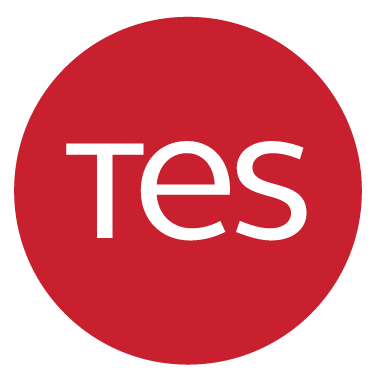3 Secrets to Staffing Your Events Company
By Beckie Jankiewicz
The TES team wrapping up a recent event
So you’ve decided to start an events company. Congrats! This is an incredibly exciting time—not to mention daunting, harried, and overwhelming. But if you’re anything like most event planners I know, you are making this career choice because you love bringing people together, enjoy the challenge of content creation, and thrive in fast-paced environments.
Launching and running an events company is no doubt stressful, but almost always rewarding too. Elizabeth, Anne, and I founded The Event Studio back in 2008, and while we’ve learned many things about how to put on memorable gatherings for companies big and small, we’ve also gained insights into how to build out the best possible team. After all, it’s the right team that helps bring life to any successful event.
Many of these insights have come through trial and error.
Some of our staffers are full-time while others are freelancers who work on specific projects. But the through line is that they all have a designated role and fit together as a unit, operationally and culturally.
Here are a few secrets on how to staff your events company—the right way.
1. The more the merrier
Take a look at your core offerings and hire experts for each one of those offerings. This is even more important if you run a full-service firm. Make sure you have someone whose sole responsibility is registration, another person in charge of sponsor support, another who handles speakers, another to address day-of questions, and so on.
Hiring more people, smartly, is almost always a good thing. A few years ago, we were hired to organize a splashy event by a new-to-us client, with the promise of more work down the road. The lead time was nail-bitingly short, but we managed to pump up our staff to accommodate the request.
Then, the morning of the big day, one of our key team members didn’t show.
We didn’t have time to feel stressed. Instead, our existing team went into overdrive and absorbed that person’s duties. But it wasn’t easy. From the outside, we looked calm and collected, but our internal worlds told a different story. This experience cemented into our minds the importance of always employing a few more people than we think we will need.
2. Hire—and fire—for culture fit
Hiring for culture fit is an art, not a science. Like any business owners, Elizabeth, Anne, and I look for people who truly care about the mission of our company and want to do the best possible job for our clients.
But how do you identify the right ones? In a people-driven industry like ours, my best recommendation is to trust your gut.
We’ve hired people who had decades of events experience, only to find out they weren’t as strong with client relations. Over the years, we’ve learned to hire based on individual personality. If someone is excited about the opportunity, wants to learn, and is calm under pressure, they will usually work out. Skills are teachable; attitude is inherent.
Being calm under pressure, though, is of utmost importance in our industry. I remember a time when we were onsite with a client and a new employee. The pressure was high and the new team member wasn’t handling things as professionally as they could have and we knew immediately it was not the right fit.
This may sound tough, but I like to think it did everyone—including the employee—a favor. It doesn’t mean they’re a bad person. It just meant the culture fit was off, for both of us.
3. Just say no to internal “help”
Events can be exciting for the hosting company’s internal employees. An annual conference can provide them with first-hand insights into the company and its customers, which often helps them with their day-to-day jobs once they return to the office. For these reasons, we’ve found that many clients will suggest their internal employees help out during events.
I guard against this.
While enthusiasm is a wonderful thing, training internal employees can end up taking away from your firm’s staffing resources. Every role at an event—from working the door to registration to program distribution—requires training and management. If you find that a client insists on incorporating his or her employees into the process, consider increasing your fee so you can accommodate for the extra training time it may require to get everyone up to speed.
The Event Studio (TES), founded in 2008, is led by its three co-founders Elizabeth Busch, Beckie Jankiewicz and Anne Frey-Mott who met while building Inc. and Fast Company’s storied event business. We firmly believe live experiences make lasting connections and move business forward, and have built our business over the past 11 years doing just that for clients ranging from enterprises like Genesys and HP, to publishers such as Fortune and Bloomberg Business, to household names like Airbnb and Lexus. We bring inspiration to the table.

